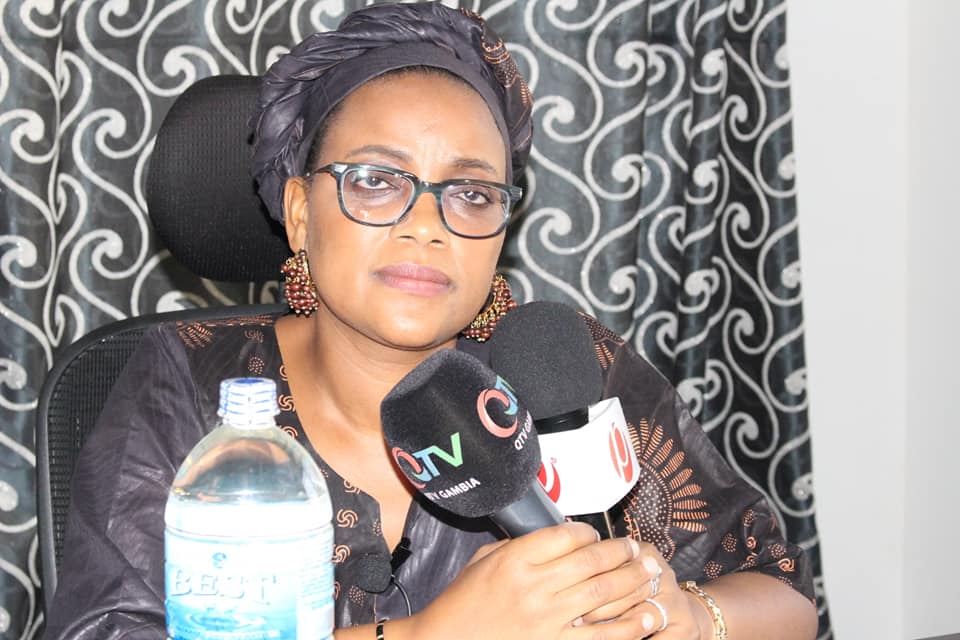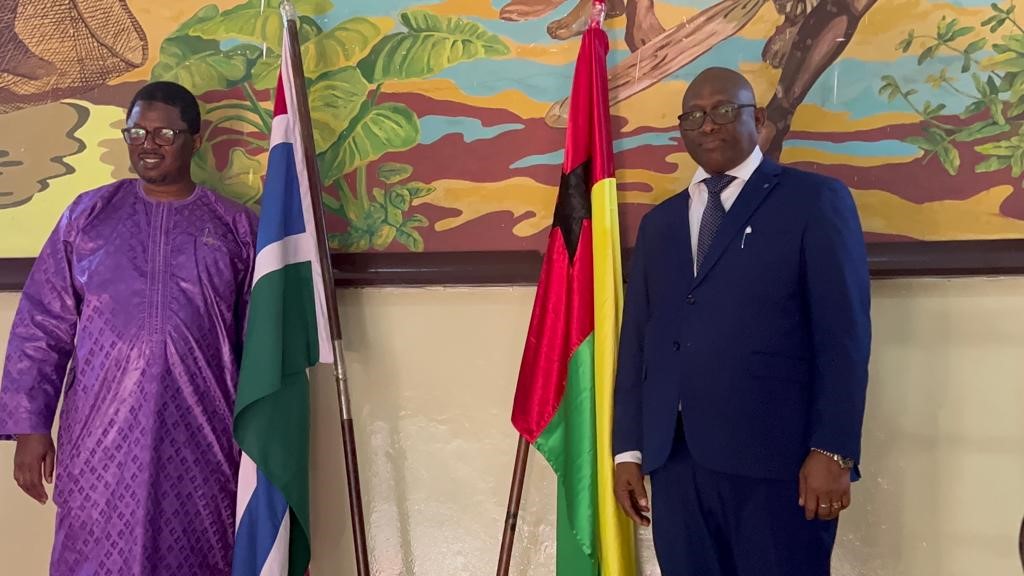By Kebba Ansu Manneh
As the nation seeks an answer to the death of sixty-nine (69) innocent children due to the alleged consumption of sub-standard pharmaceutical products procured from Median Pharmaceutical Company in India, a medical and health expert who prefers anonymity due to an ongoing witch-hunting game at the Ministry of Health observed that lacks laboratory facilities, medical equipment and supplies contributed significantly to the death of children diagnosed with Acute Kidney Injury (AKI) in the country.
According to this expert, clinical laboratory investigation results are essential and critical for the successful management of patients, in diagnosis and treatment, especially critically ill patients like Acute Kidney Injury (AKI) kids. Noted that, it is very unfortunate that there are no functional standard clinical laboratory facilities in the country that are adequately equipped in terms of the necessary human resources, equipment, and reagents to effectively and efficiently manage the children with AKI at both Edward Francis Small Teaching Hospital (EFSTH) and the National Public Health Laboratory (NPHL) at Kotu.
The expert revealed that both Haematology, Biochemistry, and Microbiology Laboratories in the country are poorly resourced, adding that there is no genomic sequencing laboratory that is essential in the identification of the real causative organisms in situations like AKI.
“The lack of adequate functional laboratories in the country is evident by the fact that patients are routinely referred from EFSTH to private laboratories in town to conduct various tests. This was exposed during the AKI crisis by shipping biological samples such as stool and blood samples to laboratories in Dakar, Senegal for testing,” the Medical and Health Expert explained.
Added that, “also evident by the fact those samples were sent to the Medical Research Council (MRC) for assistance to conduct genomic sequencing and other necessary tests not available at the public health facilities. The laboratory test results took over a month to be received from Dakar and in addition to the time taken before the involvement of MRC certainly caused a significant delay in the effective and efficient management of these patients.”
The expert alleged that almost all the AKI patients admitted at Edward Francis Small Teaching Hospital (EFSTH) died before their test results come from Dakar. Saying that most of those infested with AKI were alive for a few days upon admission at the nation’s main referral hospital and only died because of lack of adequate care.
“Due to these serious lapses in clinical laboratory services provision, the Ministry of Health approached the World Health Organization (WHO) Country Office for assistance to procure some of the much needed and critical laboratory supplies and some of these supplies have just been received by the Ministry of Health when seventy (70) kids are already dead.
“Fully equipped intensive care facilities are essential and critical for the effective and efficient management of the children with AKI for better survival outcome” the Medical and Health Expert highlighted.
This expert continued “again, there are very poor intensive care facilities at EFSTH and other public hospitals, especially for children, thereby providing very narrow chances for the survival of these children leading to a high mortality rate of over 80%. Most of the children who survived reported very early and their conditions were not bad.”
Affirming that, although there are some good consultants at the Paediatric Department of EFSTH, they are poorly equipped and resourced thereby leading to a situation of well-trained soldiers without weapons in a war field. This is evident by the fact that there was no pediatric hemodialysis machine in EFSTH and therefore only one seven-year-old patient received hemodialysis.
“EFSTH just received one pediatric hemodialysis machine after the death of seventy (70) children. The doctors were also without peritoneal dialysis fluids and peritoneal dialysis catheters for use in peritoneal dialysis. The doctors had to resort to using locally manufactured or prepared peritoneal dialysis fluid, which certainly was not done under sterile conditions and based on WHO Good Manufacturing Practice therefore leading to a solution that was not quality assured and led to poor outcomes as all the kids that used the fluid died.” the Expert revealed.
The expert went on to say “During the administration of the locally produced peritoneal dialysis fluid inappropriate catheters and feeding tubes were used in place of the peritoneal dialysis catheters (the appropriate material to use). Usually, AKI patients when properly dialyzed a good number of them (over 60%) should produce urine and thus survive the AKI.”
The statistics of the AKI patients who took various medications should also be provided to the public by the Ministry of Health as it is misleading that all the 70 deaths are linked to the four contaminated Maiden Pharmaceuticals cough syrups as most of these kids never took these products.
The expert further observed that the WHO statement was misleading that the 66 kids who died at the time were all linked to these products, arguing that WHO was in a rush to publish the results even before the Ministry of Health did (as reported by the Ministry of Health), they should have clarified from the Ministry of Health the actual number of kids out of the 66 who took the contaminated syrups.
According to this expert, one cannot link the death to medicine when the patient in question never took that medicine, noting that some of the dead AKI children took other medicines like paracetamol, amoxicillin, and so on, which were found not to be contaminated.
“It was also reported that some of the dead AKI children did not take any medication at all when they got sick before hospital admission. The onus lays on the Ministry of Health to furnish the public with the statistics for these various scenarios,” the Medical and Health Expert disclosed.
More so, “It should be noted also that all these children were sick with high fever, vomiting, and some also had diarrhea and cough before taking any medicine and hospitalization.
“The information from the Ministry of Health also did state that some of the samples collected from the AKI patients showed infection with two different species of bacteria that could also cause AKI. Also, severe vomiting and diarrhea alone could cause Acute Kidney Injury as alluded to by some doctors.”
This medical and health expert, therefore, challenged the Ministry of Health to explain to the Gambians what killed the AKI children. “Certainly, no doubt the lack of laboratory facilities, medical equipment, and medical supplies contributed significantly,”





